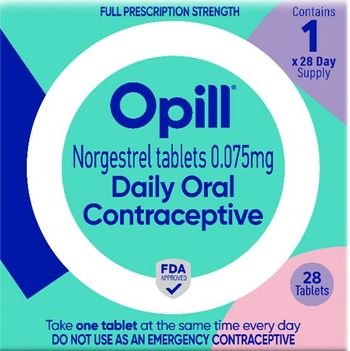
Next-generation episode grouping could drive care quality
In the september issue, Part I of this two-part series on episode grouping focused on how this method of statistical tracking enables healthcare organizations to more effectively deliver the most appropriate treatments in order to manage the associated costs.
IN THE SEPTEMBER issue, Part I of this two-part series on episode grouping focused on how this method of statistical tracking enables healthcare organizations to more effectively deliver the most appropriate treatments in order to manage the associated costs.
But given that episode grouping can be used to help practitioners provide more appropriate care and reduce costs, does it have the capability to help practitioners actually improve the quality of care? The answer is yes-especially if the episode-grouping model is clinically based.
First, let's look at why healthcare organizations have begun using the episode-grouping concept. Basically, episode grouping allows a more thorough analysis and understanding of claims data by grouping inpatient, outpatient and pharmaceutical claims into clinically meaningful units, or episodes, of analysis that describe a particular patient's complete course of care for a single illness or condition. By using episode grouping, organizations can evaluate return on disease-management programs; identify higher-risk patients; analyze cost and use; compare hospital and physician performance; rate employer groups; and target clinical- and financial-improvements.
"All episode-grouping models pay attention to financial measures and the utilization of those financial measures, but not all models focus on quality of care," Dr. Schutt says. "Those that do are clinically based models-they look at severity of a condition, duration of a condition, and how best to treat that condition. Those that don't are resource-based-that is, they track claims and episodes based on consumption of resources but aren't very useful in looking at severity of illness or its duration."
A clinically based episode-grouping model, then, takes into consideration resources used, services rendered and their costs, but also focuses on whether that resource was appropriately used or service appropriately rendered, at the duration of the illness, and at its severity-and ultimately whether those factors together resulted in the best possible care given under the particular individual circumstances.
"Clinically based episode-grouping models look at the duration of a particular episode, the timing of medical intervention within that episode, and the appropriateness of services within the episode," says Dr. Schutt. "Consider a female patient with uterine prolapse, for example. Some doctors will automatically conclude that this patient needs a hysterectomy. But at Stage 1 of this condition, that's not necessarily the appropriate treatment because there are other interventions that are less risky, less expensive and just as effective-plus the fact that gynecologists do not recommend a hysterectomy in Stage 1 uterine prolapse." But at a later stage of this condition, a hysterectomy may be appropriate.
This section is sponsored by Thomson Medstat, a healthcare information company that provides decision support solutions, benchmark databases, market intelligence, and research services for managing the cost and quality of healthcare. Medstat works with health plans, hospitals and provider networks, employers, government agencies, and pharmaceutical companies. An AHIP Solutions Partner, Medstat is part of The Thomson Corporation, a global leader in providing integrated information solutions to business and professional customers. For more information, visit
Newsletter
Get the latest industry news, event updates, and more from Managed healthcare Executive.

























